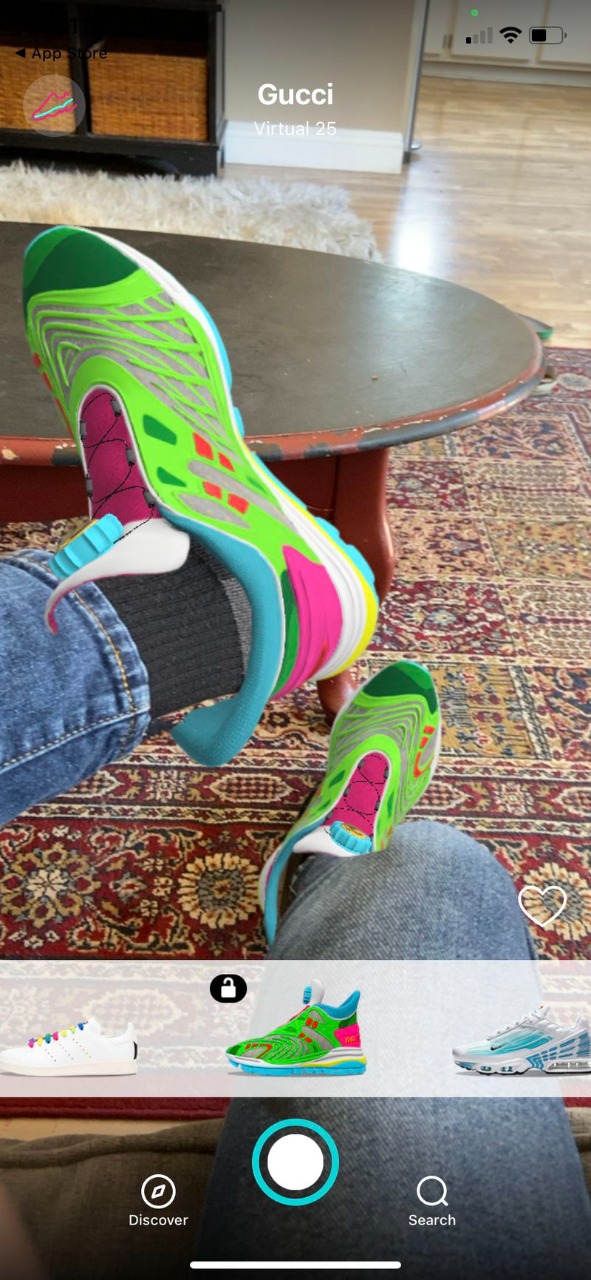It was not too long ago that Facebook shook up the digital scene by rebranding under the parent company Meta. Doing this played a key role in taking the concept of metaverse to the mainstream public.
But let's not get ahead of ourselves. If you're feeling left in the dark,
wondering what in the world the metaverse is, let's unpack it. In a literal sense, the metaverse is a blanket term for virtual environments and a digital life, changing the way people interact online forever.
This concept however is not a complete anomaly — think about Fortnite. Players in this shooter game create their own avatar which they can use to interact (
or fight) with other players. Additionally, players can earn currency (V-bucks) by completing missions.
So, the idea of the metaverse isn't completely foreign,
after all. Although, the technology has taken a new life over the past year. With the introduction of Meta’s Oculus Rift, this technology became more accessible — enabling the everyday consumer to enter their own virtual world.
With this in mind, how will this technology affect marketing in the future?
media update’s Taylor Goodman investigates:
What is metaverse marketing?
As society and business become more digitised, marketing has had to adapt to meeting consumers in the spaces they’re in. Hence why so many brands are flocking to this territory — such as Nike, Gucci and Disney.
As this new and shiny form of marketing gains traction, what does it
actually entail? Well, understanding the concept of metaverse marketing is pretty straightforward. This is essentially marketing in these always-on, self-contained universes.
Coinmarketcap delves deeper into marketing in this space, explaining that this is a "shift away from traditional advertising and toward the creation of brand engagements that are more
experiential and
thrilling while also being
less intrusive."
When you boil all of this down, you can understand what the metaverse offers consumers that they have not gotten from marketing before:
A fully immersive experience.
By tapping into the world of marketing in the metaverse, not only are brands staying on the cutting edge, but they are also tapping into a whole new market. Additionally, Gen Zers and Millennials are already avid users of this technology in gaming (hello Roblox / Fornite fans), this is a
great way to reach this demographic.
How will the metaverse impact digital marketing?
Realistically, the question isn't how will the metaverse affect digital marketing, but rather how it will alter the face of marketing as a whole. As this technology becomes more commonplace in marketing efforts, brand expectations will change.
It is now a whole new expectation for brands to manage, one where they need to offer immersive, awe inspiring experiences to their customers to stay relevant. Luckily, right now the concept of marketing in the metaverse is fresh,
so the cost associated with running a campaign is reasonable.
Bidstack, an immersive advertising company, is an example of how brands can transition into the virtual space. This brand went from specialising in real life OOH (Out-of-Home) advertising to advertising on virtual billboards.
For example, the brand worked with Football Manager 2020, a management simulation game, to erect animated in-game billboards on the virtual football pitch.
 *Image sourced from Bidstack.
*Image sourced from Bidstack.
Here, Bidstack seamlessly integrated its advertising into the game without being too in your face and disrupting the user experience.
How else are brands presenting in this space,
you ask? Well, aside from in-game advertising, brands like Gucci are giving
virtual branding a go. The high fashion brand released the
Gucci Virtual 25 that users can buy for $12.99 USD and 'wear' in augmented reality or in apps like Roblox.
 *Image sourced from The Verge.
*Image sourced from The Verge.
The brand took things one step further by creating a
‘Gucci Garden’ on Roblox. This accompanied the real life, multimedia installation in Florence, Italy.
 *Image sourced from Roblox.
*Image sourced from Roblox.
Gucci venturing into the metaverse space — while it is still so new — proved to consumers that the brand is not afraid to move into uncharted territory and be creative in new spaces. This surely grabbed many consumers’ attention, helping to grow brand awareness.
What do you think about the metaverse and its growing popularity? Be sure to let us know in the comments section below.
Well, you've made it this far. Why not sign up for our newsletter while you're here?
Want to learn more about the virtual world and its developing technologies? Then be sure to check out our article, Spilling the NFT: Why marketers should care.
*Image courtesy of Vecteezy.